How to Fix Being Extremely Skinny for Real. Being skinny (or at least underweight) can make you more insecure, as it can often present challenges, much like being overweight. Underweight people may have various reasons for being unable to gain Weight, including metabolic rates and underlying health conditions.
This guide has been developed to share clinical practice tips and evidence-based guidelines for promoting healthy body weights and maintaining an ideal weight.
Balance and factual integrity are essential, and we plan to share critical topics while offering specifics, such as calorie intake, what your diet should look like throughout the day, and physical activity details, which are good examples of strategies for weight management.
Understanding Underweight and Its Implications
Class I has a BMI of 18.5-24, and Class II is Obesity >32. BMI is a measure that classifies people according to the relationship between their Weight and height. It means insufficient body fats or muscle mass, which also play crucial roles in maintaining your system’s and organs’ healthy functions.
Health Risks Associated with Being Underweight
- Weakened Immune System: Underweight individuals may have a decreased immune system, making them more susceptible to infections and illnesses.
- Nutrient Deficiencies: Nutrient Deficiency A light body weight often means a low supply of essential nutrients, such as insufficient bone health or clarity of thinking.
- Increased Risk of Osteoporosis: A lack of Weight leads to a decrease in bone density, which increases the likelihood of fractures leading to osteoporosis.
- Fertility Issues: Being underweight, especially for women, may affect the menstrual cycle, or even amenorrhea will occur, which implies a lack of menstruation.
Assessing the Causes of Being Underweight
High Metabolism
A high metabolism is a body’s ability to burn calories faster than an average person. This can make it challenging to gain Weight even when eating a relatively high-calorie intake.
Medical Conditions
Hyperthyroidism, gastrointestinal diseases, and even cancer can cause someone to lose Weight without trying. Depression symptoms, along with nervousness disorders, will also be regarded as causes of the possible lack of hunger.
Poor Diet and Lifestyle Choices
You may also be underweight if your diet does not provide enough nutrients for growth, you live a physically demanding lifestyle without proper nutrition, etc.
Psychological Factors
Anorexia nervosa or bulimia are examples of eating disorders that can lead to rapid and prolonged weight loss with lying distorted body image, as well as engaging in very unhealthy eating habits.
Developing a Strategy to Gain Healthy Weight
We then provide specific advice regarding how an individual can gain Weight by consuming more calories via healthy foods and strength training. Here are some steps you can follow to do so:
Calculate Your Calorie Needs
What You Need To Know About Caloric Intake: Estimate how many calories you can have to gain Weight (you will probably be eating more than this in a few weeks/months), use calculators online, or see your doctor. Gaining Weight is as simple as consuming 300-500 more calories daily. Choose Nutrient-Dense Foods.
Rather than feeling burdened to eat many empty calories, such as sweet drinks or treats, pick nutrient-dense choices that offer excellent nutrients.
- Proteins: Foods high in protein, such as lean meats, eggs, dairy products, legumes, and nuts, help build lean muscle mass.
- Healthy Fats: To increase calorie intake healthily, incorporate avocados, nuts, seeds, and olive oil into your diet.
- Whole Grains: Foods like brown rice, quinoa, and whole-wheat bread are excellent for adding calories and nutrients.
- Fruits and Vegetables are lower in calories, but they are rich in essential nutrients and should be a part of every diet.
Increase Meal Frequency
Eating 5–6 smaller meals daily will allow you to increase caloric intake without feeling stuffed or bloated. Shoot for three large meals and snacks ×2 or x3.
Incorporate Strength Training
Lifting weights stimulates muscle growth, which is essential, and regular light exercise, such as walking too, will increase the proportion of lean muscle rather than fat. Benefits: muscle is heavier than fat –> can change body composition, make you stronger
Monitor Your Progress
Track everything you eat (calories) to ensure you hit your daily caloric goals. Tracking your progress can also be beneficial in more ways than one. It’s critical to gaining Weight. What” ma ” works for you regarding avoiding mistakes when gaining Weight??
Relying on Junk Food
High-calorie junk food can quickly pack on pounds, and the repercussions of excess sugar and unhealthy fats — a virtual given in most processed foods — include an elevated risk for type 2 diabetes and heart disease.
Skipping Meals
Skipping meals can create a calorie deficit, making it more challenging to gain Weight. To maintain a steady calorie intake, ensure consistent meal timing.
Ignoring Nutritional Balance
Focus on a balanced diet that includes all food groups to ensure you get nutrients essential for overall health.
Not Staying Hydrated
Staying hydrated is crucial, but avoid drinking water before meals, as it can fill your stomach and reduce your appetite.
The Role of Diet in Weight Gain
Eating Protein-Rich Foods
Your body needs protein to build muscle. Since the internship, my aunt has advised me to eat at least one portion of protein each meal, as this is what your muscles need to grow. For example, add extra protein to canasta, tofu, or lentils.
Incorporating Healthy Fats
Fats are high in calories but necessary for proper function and development—don’t skip them. Items such as olive oil, avocados, and fatty fish are likely to encourage people to ingest more calories.
Choosing Whole Grains Over Refined Carbohydrates
Whole grains are nutrient-dense and can support healthy weight gain. Instead of white food, choose brown rice, oatmeal, and whole-grain pasta.
Adding instead
Milk, smoothies, and shakes can be a great way to increase calories without feeling too full. When made with the right ingredients, these ingredients can be a protein and healthy fat powerhouse.
Avoiding Empty Calories
If you eat or drink foods or beverages that support the body but have little nutrient value (sodas and sugary candies, for example), honor your health by limiting them!
Importance of Professional Guidance
Consult a health provider or registered dietitian before starting any weight-gain journey. To add icing on the cake, they can be specific and consider all your health needs, dietary restrictions, lifestyle, etc. They may also suggest particular tests to exclude medical factors causing low body weight.
Myths and Misconceptions About Gaining Weight
Eating Anything Will Help Gain Weight
The truth is that not all foods are created equally. Eating high sugar and two food sources of inferior-quality fat can increase body weight over muscle and have health risks.
Only Exercise Is Needed to Gain Weight
Strength training (and exercise, period) are pivotal to muscle gain, but diet also plays a significant role. Without sufficient caloric intake, exercise alone may not promote weight gain.
It would be best if you Ate Large Meals to Gain Weight
Overeating can sometimes be harmful if it is uncomfortable or results in less frequent meals being eaten. Often, Weight is better off with smaller and more frequent meals.
Long-Term Weight Management Strategies
Maintain a Balanced Diet: Once you reach your desired Weight, focus on maintaining a balanced diet that includes a variety of nutrients to support overall health and well-being.
Strength Training: Regular strength training sessions can help maintain muscle mass and prevent the loss of lean muscle as you age.
Monitor Your Weight Regularly: Regularly monitoring your Weight can help catch any unintended weight loss early, allowing you to adjust your diet or lifestyle as needed.
Stay HydWeight Hydration is vital to overall health and supports metabolic functions, muscle recovery, and digestion. Aim for at least 8-10 glasses of water per day.
Case Studies and Real-Life Examples
Case Study 1 John’s Journey to a Healthy Weight
Despite following a highWeightie diet, John could not gain Weight despite being 25 years old, and his BMI was only holding on to the lowest level of routine (17.5).
When John saw a weight, he was told that his protein consumption was too low and that he wasn’t lifting weights. John gained about ten pounds after eating more protein and participating in a strength training routine for over six months.
Case Study 2:Sarah’ss Story of Overcoming Anorexia
A 30-year-old woman, Sarah, had been highly underweight as a result of anorexia nervosa. Sarah began slowly upping her daily intake under the supervision of a healthcare provider and psychologist who helped guide her through a balanced diet — shifting from extreme calorie restriction to something that felt normal again.
A year later, Sarah maintained a healthy weight through intuitive eating and consistent exercise practices.
The Role of Medical Interventions
Appetite Stimulants: Prescribed medications can help stimulate appetite in individuals who struggle to consume enough calories due to medical conditions.
Nutritional Supplements: High-calorie supplements and shakes may be recommended for those with difficulty eating sufficient food.
Psychological Support: For individuals with eating disorders, therapy, and counseling are crucial components of treatment to address underlying psychological issues.
My Opinion
Gaining Weight is super well said for all those who are underweight, and I’m what they call skinny. I have to know that doing ThWeight Me is the right approach to gaining a few pounds in precisely the same way, though I gained a good style in March.
There were enough calories, but it was strange that we got some double bubbles exponentially yesterday. You hear fad goes around like it’s.
It is not just about getting more calories but also about selecting the right foods and doing something stimulating to build muscle in general. Your path to achieving a healthy weight differs from anyone else’s and involves alterations in nutrition, exercise, and sometimes professional support.
If people centered their diets around nutrient-dense foods, added in regular strength training,, and kept a healthy relationship with food they would reach optimal Weight not once but then maintain that Weight.
Remember, you should attempt to put on Weight as sensibly and reasonably Weightsly attempted at the hour of gettWeightinner with the goal that it might benefitWeightditional favorable circumstances not having long haul impacts.


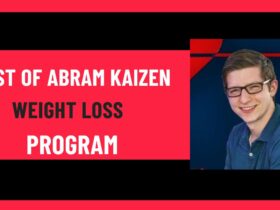




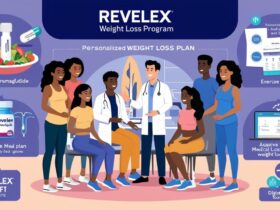
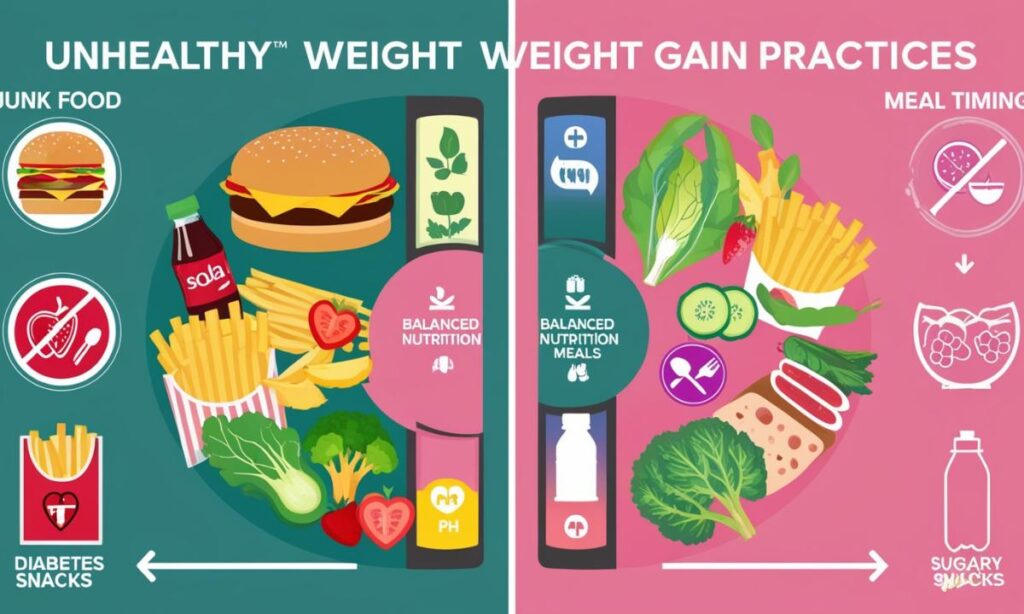




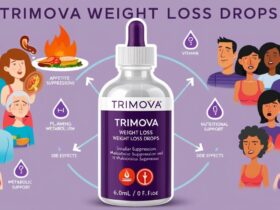


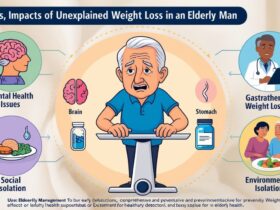

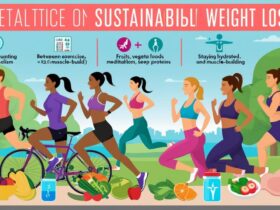

Leave a Reply
View Comments